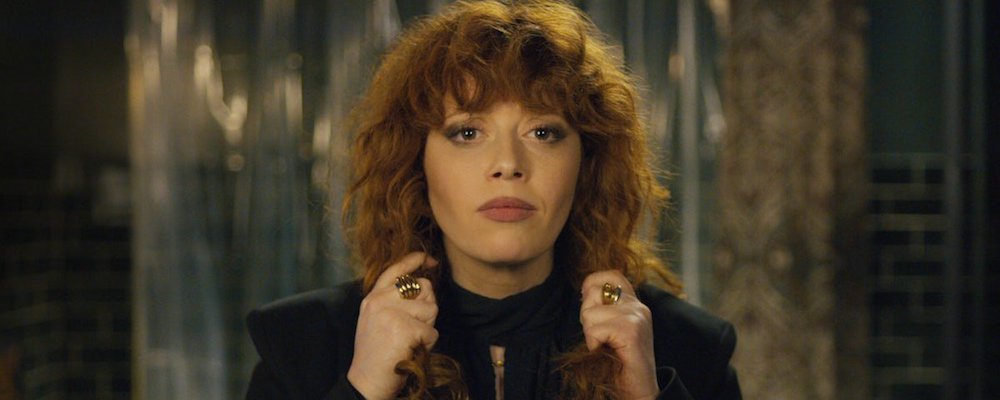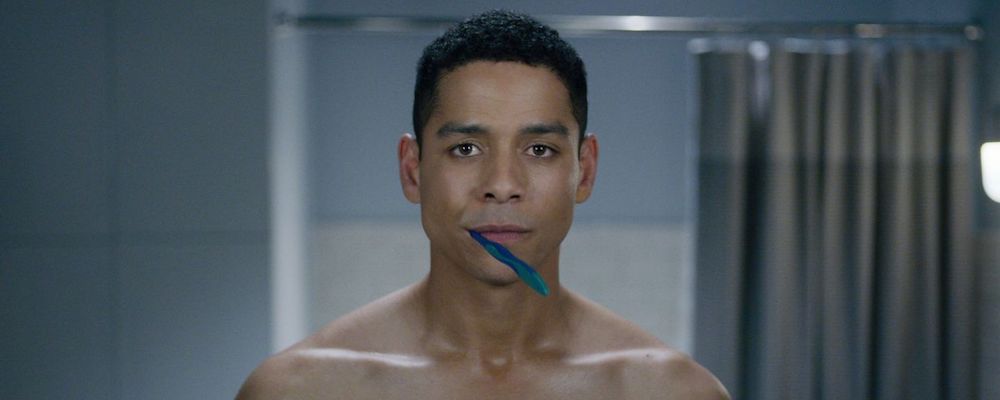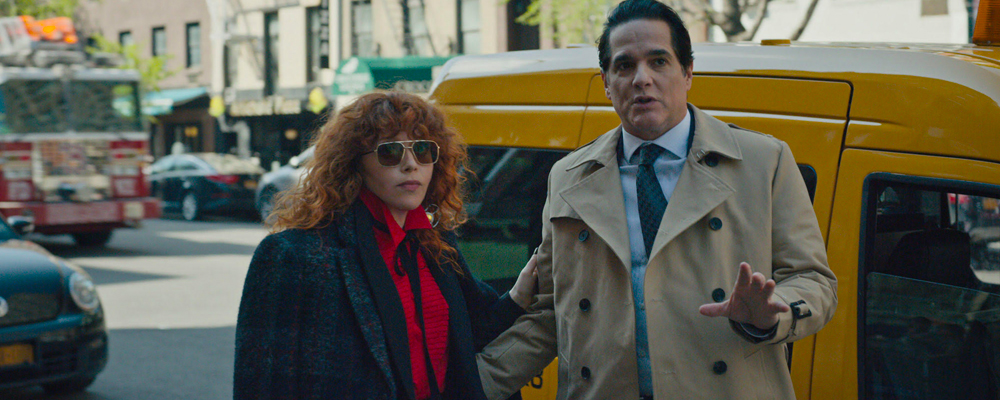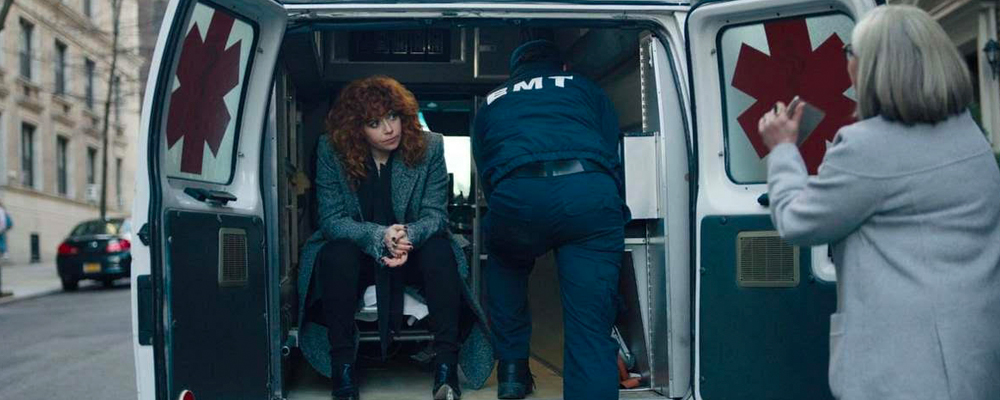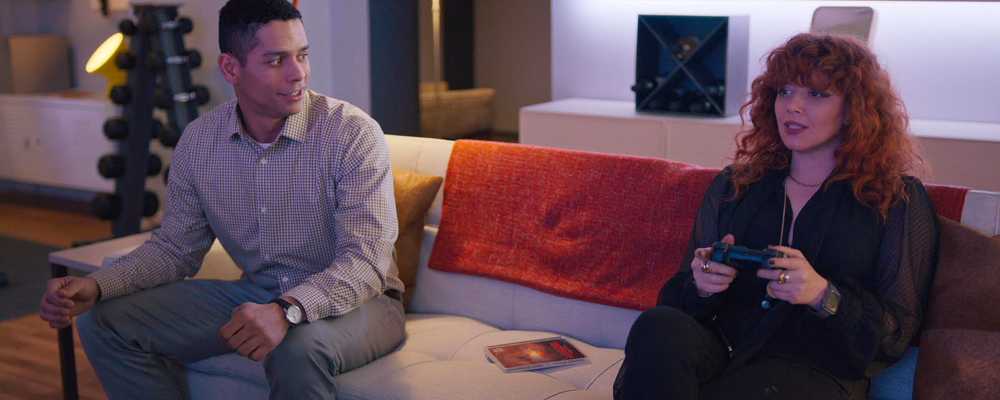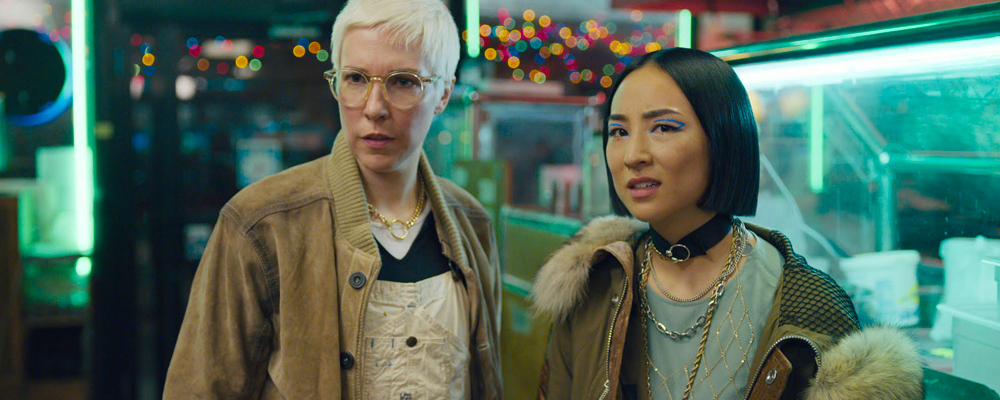‘Russian Doll’ Traps Its Characters in Loops of Hilarious Death Drama
Alci Rengifo
Life can sometimes feel like an endless loop, especially if we’re unhappy. Natasha Lyonne and Amy Poehler‘s new Netflix series, “Russian Doll,” is a wickedly fun take on the “Groundhog Day” formula, trapping its characters in an endless reboot of a single moment in time layered under different twists (thus the show’s title). The show works very well on two levels, first on how brilliantly it pulls off its technique and second how the gimmick combines with some endearing drama. What begins as a tricky puzzle turns into a smiling metaphor on the way we’re living now.
It’s the birthday of Nadia Vulvokov (Natasha Lyonne), a video game programmer celebrating her 36th year and still hard-drinking and drug-taking. She’s got a rapid-fire wit with quite the dash of cynicism, but such are the times. Her friends like Maxine (Greta Lee) are helping her make the most of it, even passing along “Israeli joints” laced with something fierce. Nadia’s ex John (Yul Vasquez) is around, and they still hook up from time to time. But when Nadia makes it out onto the street she gets hit by a car then…pops open her eyes, back at the sink washing her face during the party. Thus a strange loop begins as Nadia goes farther and farther in a timeline involving the party, her life, the sense something is off, and dying over and over before again returning to the same moment at the party. Whether falling down the stairs, diving into a manhole or being trapped in a crashing elevator, Nadia always returns to the party as she questions her life and sense of self. If you think it’s just one endless rewind with the same character the season then shifts gears in the half-way point, as we meet Alan (Charlie Barnett), also trapped in a revolving timeline, always returning to that point in front of the bathroom as he’s brushing his teeth.
Don’t let the confusing nature of describing “Russian Doll” deter you from checking it out. Spoiling it would ruin the magic, because a story of this nature depends so much on its delivery via its technique. But let’s focus on the marvelous main character we are given here. Natasha Lyonne’s Nadia is one of the great new TV personalities of the season. She’s scrappy, at 36 nearing that point in life where you’re still young but even less repressed when it comes to expressing yourself. In other words, you stop caring about seeming mean. Nadia has lost all hope in chivalry, even mocking John for putting his coat over her while sleeping over. She arrives at a work meeting dismissive of complaints. But once she realizes something is going on and she keeps returning over and over to her birthday party, she embarks on one of those quests for answers similar to the Coen Brother’s “A Simple Man.” At first she wonders if it’s the joint she smoked, but that would be quite the trip. Because she’s Jewish she looks for clues in her own building, which used to be a yeshiva. She tries to get answers from a rabbi to little avail, while being blunt about not actually being religious. These moments are written with a crackling wit and cranky charm.
Co-director and co-creator Leslye Headland, who helms half of the episodes, basks in the complicated structure and keeps episodes feeling fresh. Instead of literally repeating everything over and over, she lets every chapter expand further before looping back. We get a little more of John, then of Daria’s background, including people important to her life like her aunt Ruth (Elizabeth Ashley), who happens to be a shrink. Every time Daria returns back to the party, Headland also gives us a different variation on her interactions. Maxine is always nice but starts losing her temper as Daria gets more impatient, demanding to know what they’ve given her that’s causing this annoying loop in time (or her perception of it). Once the character of Alan is introduced the season spreads its wings and it becomes a broader, more engaging parable about how we’re rarely happy in this generation. Maybe a key to personal growth is to help others and doing so, we help ourselves. Another interesting theme, which Alan asks constantly, is the idea of getting a second chance. How often we wonder what could be if we were able to re-do a specific moment in our lives.
The show thrives on its great cast, which is full of characters that are either prominent, or low-key enough to still hold clues to what’s going on. Some are hilariously surreal, like a homeless man named Horse (Brendan Sexton III), who seems like a colorful persona thrown in, saying at first that he wants to cut some hair, but in fact might hold more clues. Yul Vasquez is a great supporting actor here, obviously still in love with Nadia and so he can’t help but be dragged along by the madness. But Lyonne is the real star, creating one of those characters who suffers few fools and who we love for having no filter.
“Russian Doll” works as a puzzle and fable, as an edgy comedy and an endearing fantasy about people, pure and simple. We laugh but at the same time realize we’re also caught in our own little loops in life, seeking answers when we can’t quite figure out why we took the turns we did.
“Russian Doll” season one premieres Feb. 1 on Netflix.

